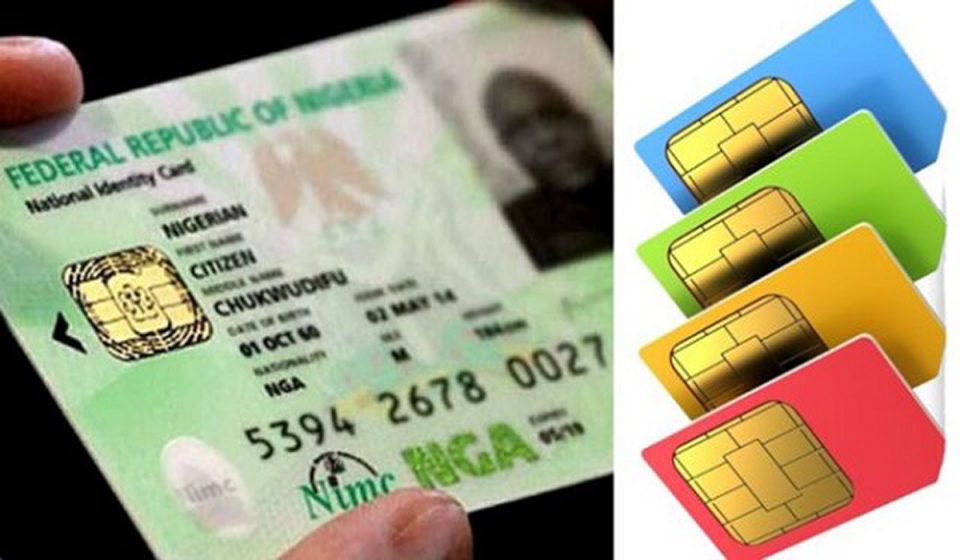The enrolment for National Identity Numbers has fallen by 45.21 per cent in three months, according to data from the National Identity Management Commission’s portal.
From September 30, 2021, to January 1, 2022, the NIMC recorded 8.03 million new NIN registrations while from January 1, 2022, to March 21, 2022, the commission recorded only 4.4 million new NIN registrations. This was a 45.21 per cent decline in enrolment.
The NIMC’s portal showed that there were 64.67 million unique NINs as of September 30, 2021. By January 1, 2022, the number had grown to 72.7 million, and later 77.1 million by March 21, 2022.
The decline in enrollment happened despite multiple efforts by the Federal Government to enforce its National Identification Number and Subscriber Identity Module policy.
After a new deadline for the verification expired on March 31, the government announced the implementation of the policy. It directed telecommunication companies to block outgoing calls from SIMs that are not linked to their NINs.
While announcing its directive, the government added that about 78 million NINs had been issued, while 125 million subscribers submitted their SIMs for linkage to their NINs.
According to the Nigerian Communications Commission, the nation had 197.77 million active telecom subscribers as of February 2022.
About 72.77 million active telecom subscribers were reportedly disenfranchised as a result of the government’s directive.
This directive to block outgoing calls is coming despite NIMC’s struggle to effectively register Nigerians who have been trying to get their NINs.
In February, NIMC’s server was down for about a week due to a glitch.
According to a top-ranking source in the Association of Licensed Telecommunications Operators of Nigeria, it took NIMC three weeks before it could resolve the glitch, halting new registrations in the process.
The source added that NIMC does not have the required capacity to handle large registrations. The source said, “Their enrollment is slow because of their capacity issue. Let us move away from this and even talk about the simple issue of verification.
“They can’t do that effectively either. NIMC does not have the capacity to handle large volumes of data. Remember that they also had server downtime for about three weeks in February too. That was about the whole month.
“I don’t want to speak for NIMC. But I can tell you that even though telcos have captured a lot of subscribers, NIMC is yet to verify a lot of subscribers. So presently, there is a multifaceted issue. People that want to generate NINs have problems. People with NINs who want to link their SIMs too have problems.
“They have a slow process problem. They can generate NIN. As you know, telcos are agents too, and we generate NIN on their behalf.”
According to the Minister of Communications and Digital Economy, Isa Pantami, the Federal Government is aware of the limitations of the NIMC.
In February, he confirmed that the agency was plagued with infrastructure, salary, and welfare challenges, among others.




